Description
When a writer dies too young, readers are always left with the question “What kind of writer would he have become if he had been granted a full career?” Matthew Phillips wrote these astonishingly good poems in his mid-twenties when he was studying Mideast history and politics and when he was questioning the many tensions of that region. His poems, however, are intellectually far-ranging, from academic settings to the Caves of Lascaux, from San Francisco to Sparta, but rooted in his personal and educational experiences in America. In many of his poems, he creates a narrator who describes what he sees around him and then, with a more detached eye, explores ideas and the meaning of personal experience. Sometimes the experience is literal, as in his “Letter From San Francisco” and at other times more figurative, as in “The Caves of Lascaux.” Matthew Phillips’ poems frequently concern philosophic probings of the meaning of History. In “Flight of the Peacemaker,” the narrator says: As an American, he was told to take The telescope rather than the magnifying glass; It’s History’s long view that matters here. Yes, it is the long view that matters here.
We read books for many reasons: to gain knowledge, to develop skills, and—sometimes—to escape from the worries of everyday life.
But perhaps the most important benefit happens when we open the cover and encounter another human being, someone we would never have met elsewhere. While the author-reader relationship is one-sided still it can be enriching and memorable. In some cases, an author that we meet virtually will seem realer than many of the people we come across in our daily lives.
This is what happened to me when I read Matthew Phillips’ “The Island’s Only Escape.” Just a few poems into the collection I felt that I was in the presence of someone worth knowing: a man with keen vision, a great sense of humor, and the ability to discover and share meanings that are easily overlooked.
For example, two lines of “The Latest Town” capture the busyness and detachment of modern life:
The traffic circle’s cement hardens
No one marks in it their initials.
The book covers an astonishing range of topics such as Mafia films, language, anthropology, San Francisco, and Daylight Savings. It seems that Phillips was endlessly curious, and able to use what he learned to for truth telling:
In “Flight of the Peacemaker, for example, he describes
…a man who fears poverty so much
That he leads the most impoverished life.
A poem titled “Chess” captures a variety of people using the game as a metaphor for their private concerns (war, dating, higher education). Then—reminiscent of Freud’s comment on overdoing symbolism (“Sometimes a cigar is just a cigar”)—Phillips brings us back to reality:
To the players it means the game itself.
When it’s over, they tend to get up and leave.
Most of the poems are short; all invite—and reward—multiple readings. -Murray I. Suid, an Amazon reviewer “Poems That Matter”
Matthew Phillips was born and raised in New York City. He graduated from Bard High School Early College (BHSEC) in downtown Manhattan in 2003, earning an Associate’s Degree in lieu of a High School Diploma at the age of 18. He earned a Bachelor’s Degree at the State University of New York at Binghamton and from there enrolled in the CUNY Graduate Center where he was slated to earn a Master’s Degree in Middle Eastern Studies. As a reader and writer of poetry, Matthew found his subject matter through a variety of topics, from the joy of learning to the game of chess. However, his primary focus in writing was the Israel-Palestine conflict. Often critical of Israel’s involvement in the war, he published eight such essays from 2010-2011 through Mondoweiss, an online platform dedicated to informing the public about the ongoing struggle for peace in the region. He is the son of Louis Phillips and Patricia Ranard, and the twin brother of Ian Phillips. He died in New York City on April 4th, 2011, at the age of 26.
Front cover by Ian Phillips, Book design by Lauren Grosskopf
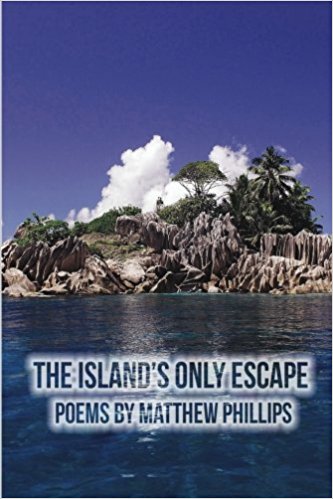
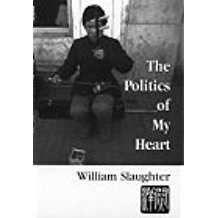
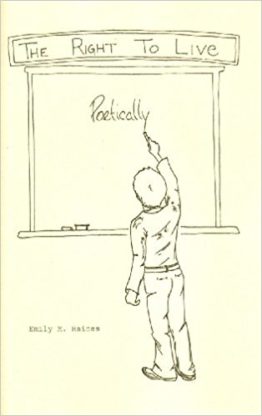
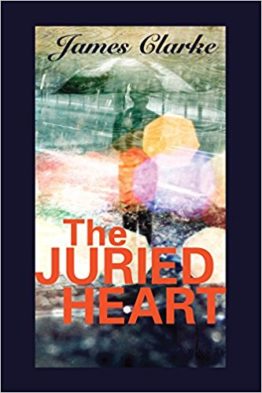
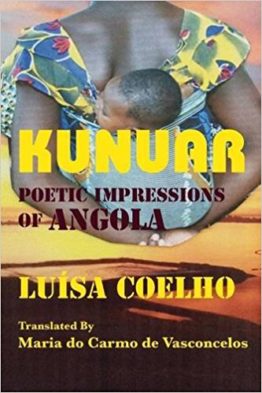
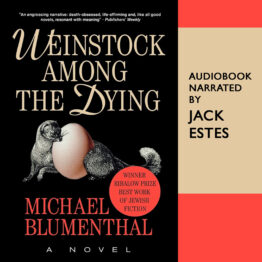
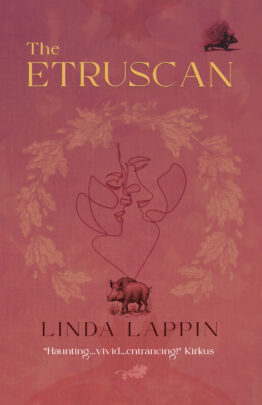
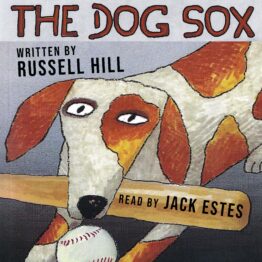
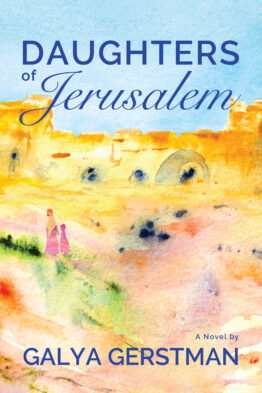
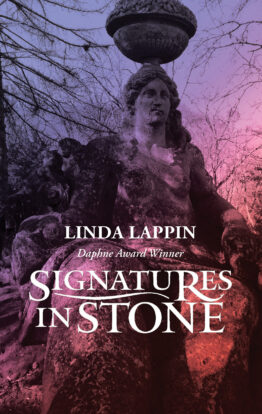
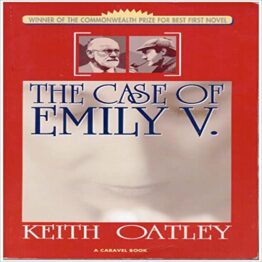
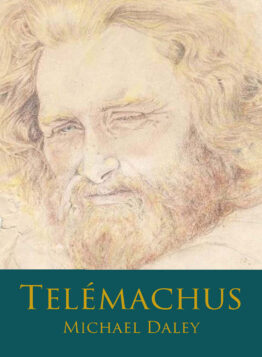
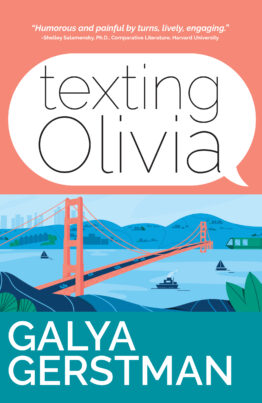

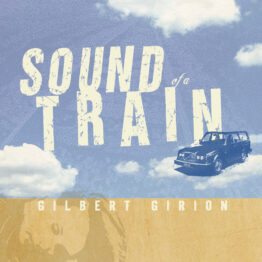
Tad Crawford –
These graceful poems are intelligent, understated, and often surprising. For example, in “Letter from San Francisco,” the poet observes, “You were right—it is not China here.” Who is the “you”? We don’t know, but we are in a dialog of displacement. The poet isn’t “learning Mandarin,” and there are “no ancient wonders,” but there are “a golden bridge and a prison.” In what the poet doesn’t learn is the longing of absence, the distance from imagined goals. Yet this is redeemed by what is wondrous and present. Seeing the prison small in the distance, the poet becomes both prisoner for whom “there is blue in every direction” and a child who must imagine the prison is “halfway to China.” So this poem and so many of the others in this fine collection resonate with the tide of what might be and the undertow of what is. I highly recommend The Island’s Only Escape.
Poetry Lover –
Although Matthew Phillips only lived to see 26 years, the wisdom and experience contained in these poems suggests he had a full life. What most impressed me is his depth of understanding for such a wide variety of topics- both academic and highbrow as well as the quiet nuances of a lived life.
Matthew was passionate about learning, and as a student of History he saw the ironies and paradoxes associate with studying history in the present (“Chat with a Professor” is a standout.) He saw the classroom not as an insular learning environment, but for its boundless ability to create and manipulate ideas. An ideological ecosystem in and of itself.
The sophisticated simplicity and humor of his other work also rings true, from “Chess” –
CHESS-
The young sergeant says, “War is like it”;
Generals nod gravely, in agreement.
The single woman says, “Dating is like it,”
Referencing male intentions, and their concealment.
The college counselor says, “Applications are like it,”
Meaning plan ahead, if you want to be collegiate.
All these people know chess? It’s hard to believe.
To the players it means the game itself.
When it’s over, they tend to get up and leave.
And his brief observation on the nature of words themselves in “Language” –
LANGUAGE
Unlike tractors, words stand ready to be used
Without that need for cornfields. They are like shells
Of ideas. The other day,
I said to a friend “always blue and endless, never rains”.
She said, “sky”.
I said, “you know, I have a terrible time describing what I think.”
She said, “try.”
I will not attempt to go into the levels of depth in the more ambitious, serious poems. Those will have to be experienced by the reader.
Thank You PleasureBoat Studio, I commend you for bringing this brilliant young voice back to life.
Caroline Cherry, Amazon reader –
5.0 out of 5 stars A slim volume with abundant rewards
“The Island’s Only Escape” by Matthew Phillips is startlingly mature for such a young writer. The poems express the reflection on experience of a student, a traveler, a philosopher, a lover of words, both youthful and seasoned. There is much here to savor and ponder. In “Flight of the Peacemaker,” we read of giraffes seen from a plane: “It became clear, looking at their bodies/ Long above ground, what it was to live openly/ And in a space without interiors.” The thought of a space without interiors invites the reader to pause and imagine. Phillips uses language powerfully to explore interiority and the absence of interiors, being wholly oneself or “being someone else” (“Coming to Larkin by Way of Auden”). In “Language,” he writes “Unlike tractors, words stand ready to be used/ Without the need for cornfields. They are like shells/ Of ideas.” Phillips’ words invite us into his world of deeply-felt experience.
Charlie Cherry –
It’s in no way demeaning to say these are a young person’s poems. There’s a somewhat jaundiced air about them, but fortunately lacking the qualities often associated with young writers: a risible sense of emotions too close to the surface combined with a bravura declaration of assured views. Rather, we experience in the poem’s narrative voice a solid, inquiring mind asking questions. He refuses to use history as a cushion, always reflecting on his experiences as a student, casting a cold eye on the world around him—more Athenian than Spartan. His is also a practiced art with a range of images, from the urban store-cat yawning on a window sill to a “blue in every direction” and a “place without interiors.” The images of fences, walls, and doors connote an objective correlative of restraint, but history and memory, while tools for self-reflection and solitude, are also, he perceptively notes, the “island’s only escape.”
The photograph of the author accompanying the collection is meaningful. Handsome, straightforward with an expression both inviting and mildly skeptical, as if at a relatively young age, he has answered some of those questions and found himself (and the world) uncertain.
Joanna Clapps Herman –
5.0 out of 5 stars Beautiful, but also startling, upsetting, strange. Worth coming back to over and over. I’ve been reading Mathew Phillips’ book of poems, The Island’s Only Escape (Pleasure Boat Studio) recently. I’ve read them slowly, two or at most three at a time. I read them. Then I reread them, always only a few at a time. They are quite often powerfully grounded in the everyday: how we go about our business of waking and sleeping of thinking and watching and questioning, but that every day is suddenly strange or mysterious, confusing or upsetting. While they are often beautiful, often they startle too. The language, the image, the path of the poem shoots off into a new and unexpected direction. His poems are so beautiful. They are also powerful. This slender volume is worth spending time with. I recommend, night, I recommend reading them before you sleep. I recommend lettura lentamente. I use Italian here to attempt to rise to the occasion of these poems. Read these poems slowly a little at a time.
Marv Jaye, Amazon reader –
5.0 out of 5 stars A passion for truth rendered beautifully. An astonishingly sober poetic melding of word to idea, though the palpable passionate concern with subject gives these poems a life of truth as well as of beauty. A voice too early silent.